Depression
Ketamine is effective for treatment-resistant depression, providing rapid relief in hours or days by promoting neuroplasticity and helping the brain form new, positive connections.
At Arka Ketamine Clinic in Bangalore, we’re here to help you understand one of the most promising treatments in mental health and pain care: ketamine therapy.
Used safely in medical settings since the 1970s, ketamine is now offering fast, effective relief for depression, anxiety, PTSD, OCD, chronic pain, and addiction—especially when other treatments haven’t worked.
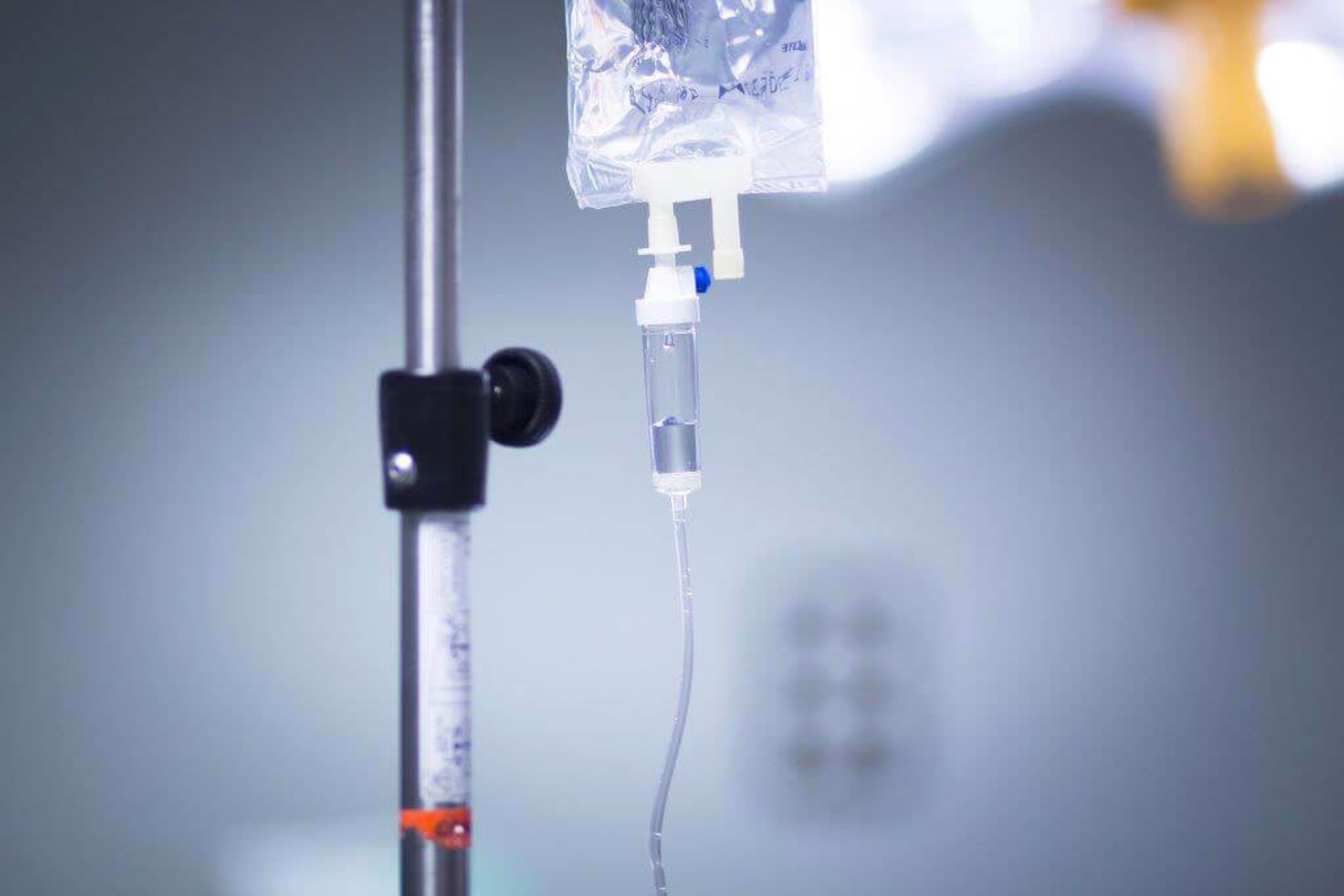
What Is Ketamine?
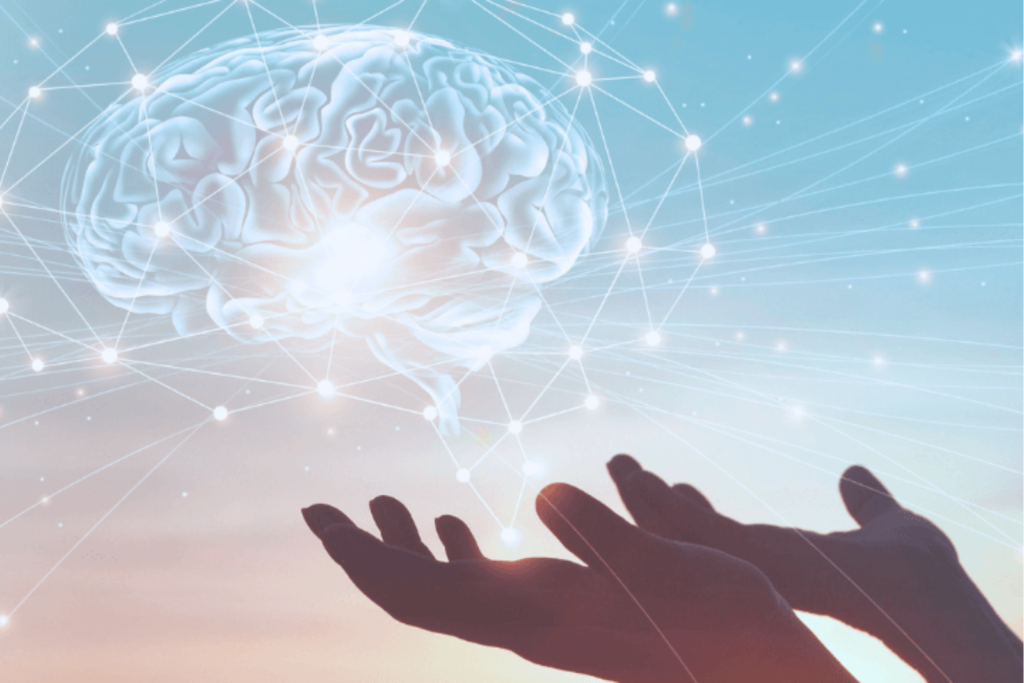
Ketamine is a medication originally used for anesthesia. It helps reduce pain and has been safely used in hospitals and emergency care for decades.
Today, doctors around the world use low doses of ketamine to treat mental health conditions. It works differently from regular antidepressants—and often brings relief in hours instead of weeks.
Talk to our Expert Health Coaches for deep understanding of Ketamine.
How Does Ketamine Work?
Ketamine works by resetting certain pathways in your brain that affect mood, stress, pain, and memory. Here’s how:
The result? A fast and powerful shift in how you feel and think.
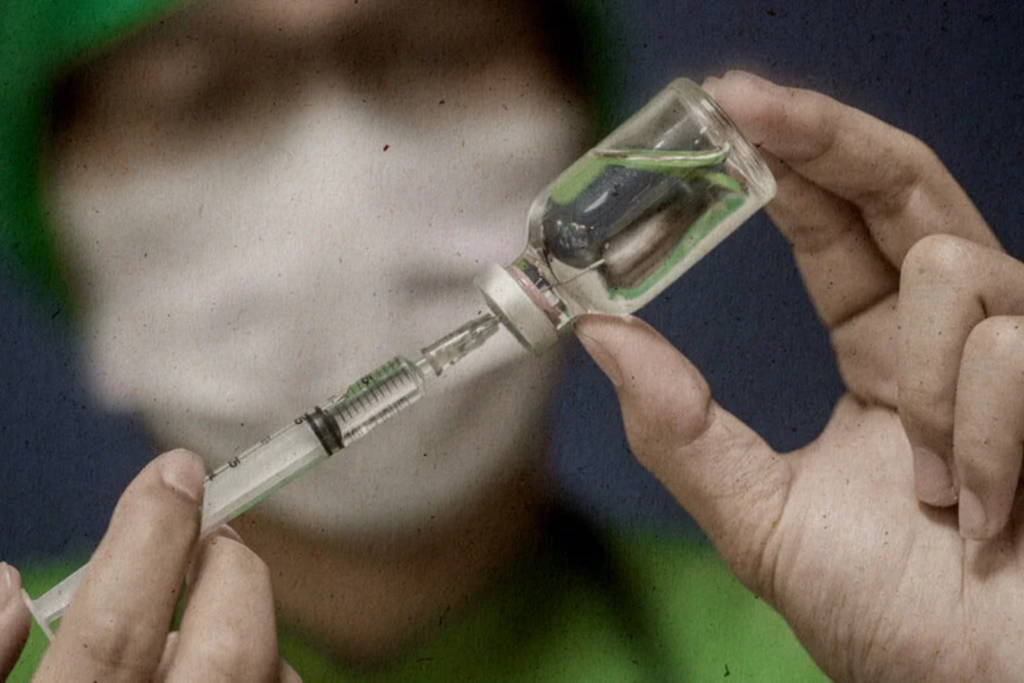
Ketamine is a powerful medication that has evolved from its original use as an anesthetic in the 1960s to a groundbreaking treatment for mental health conditions and chronic pain. Today, it is recognized for its rapid and effective relief from depression, anxiety, PTSD, and other mental health challenges, especially when traditional treatments haven’t worked.
A New Hope for Mental Health
Unlike traditional antidepressants that can take weeks or months to show results, ketamine often works within hours or days, providing much-needed relief for individuals with severe symptoms.
In recent years, ketamine has been approved for use in medical settings to treat mental health conditions like depression, PTSD, and chronic pain. When administered under professional supervision, ketamine therapy is both safe and effective.

What CanKetamine Therapy Help With?
At Arka Clinic, we use ketamine therapy in Bangalore to support people facing:
How Does Ketamine Work?
Ketamine works by quickly "resetting" certain parts of the brain, making it a powerful option for treating mental health conditions. Here’s how it happens in a simple way:


One of the best parts? Ketamine works fast! Unlike traditional treatments that take weeks to show results, ketamine can relieve symptoms of depression or anxiety within hours.

During treatment, ketamine can cause a feeling of detachment, known as a dissociative state. This isn’t scary; it allows you to see your thoughts and emotions from a new perspective, which can be very healing.

Ketamine therapy is changing how we approach mental health and pain. It offers fast relief for many conditions, especially when other treatments haven’t worked. Here’s how it helps
Ketamine is effective for treatment-resistant depression, providing rapid relief in hours or days by promoting neuroplasticity and helping the brain form new, positive connections.
Ketamine offers rapid relief from anxiety and PTSD by calming the brain and helping patients process emotions more easily. It can also reduce the need for traditional anxiety medications.
Ketamine helps reset pain signals in conditions like fibromyalgia and CRPS, reducing discomfort and often decreasing the need for pain medications.
Ketamine helps disrupt obsessive thoughts in OCD, stabilizes mood swings in bipolar disorder, reduces cravings in addiction recovery, and quickly alleviates suicidal thoughts during crises.
Starting ketamine therapy can be a new experience, but we’re here to make it smooth and comfortable. Here's what you can expect during your treatment journey:
Ketamine therapy offers a new, faster way to tackle mental health issues, setting it apart from traditional treatments. Here’s how ketamine stacks up:

Ketamine: Works within hours to days. Many patients feel relief from depression, anxiety, or pain almost immediately after their first session.
Traditional Antidepressants: Often take weeks or even months to start showing results. This slow onset can be frustrating, especially for those struggling with severe symptoms.

Ketamine: Research shows ketamine offers new hope by “resetting” brain pathways for those with treatment-resistant depression, anxiety, PTSD, and chronic pain.
Traditional Treatments: Patients often face a long, frustrating journey with ineffective medications.

Ketamine: Administered in a controlled clinical setting, ketamine is safe and well-tolerated, with brief side effects like mild dissociation or nausea monitored by our medical team.
Traditional Antidepressants: These can lead to long-term side effects such as weight gain, emotional numbness, and sexual dysfunction, and may cause dependency or withdrawal when discontinued.
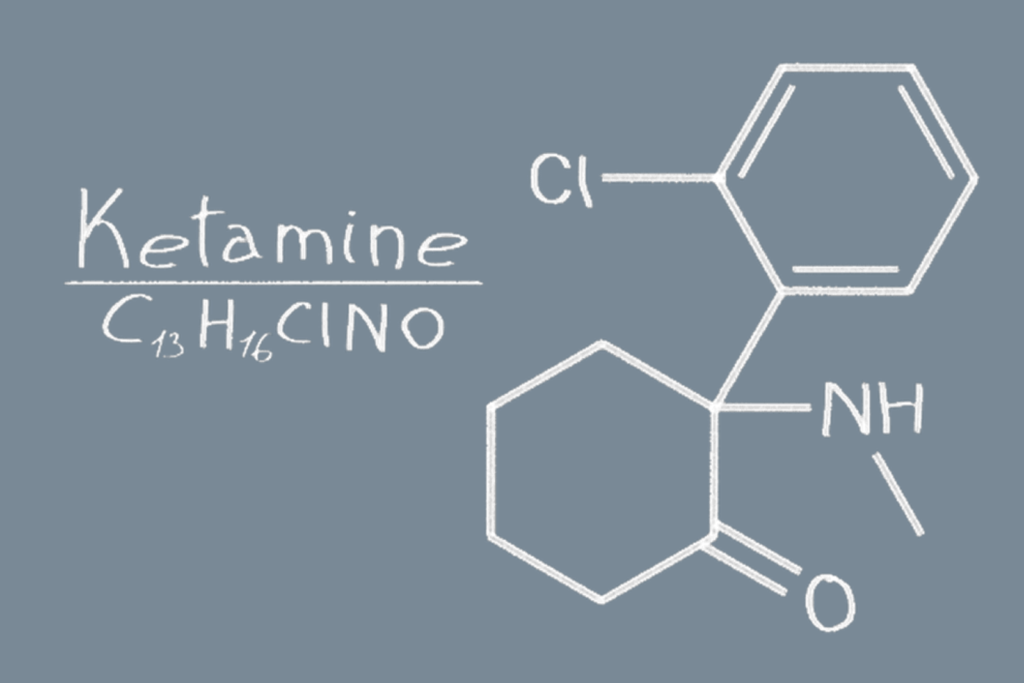
Ketamine: It targets NMDA receptors, boosting glutamate levels to encourage new neural connections, breaking negative thought patterns, and promoting healing.
Traditional Medications: These primarily affect serotonin or dopamine to improve mood but don’t promote new brain growth, leading to longer onset times and less effectiveness for some.
Ketamine therapy is generally safe, especially when done in a clinic like ours at Arka. Side effects do happen, but they are usually mild and short-lived. Here's what you need to know:
Some patients feel a bit “dreamy” or “detached” during the session. This feeling usually fades within 30 minutes after treatment and is often described as calming.

You might feel a little lightheaded or unsteady during or shortly after the infusion. This is normal and goes away quickly.
A brief feeling of nausea can occur, but it doesn’t last long. If needed, we can provide medication to help manage this.

Ketamine may temporarily raise blood pressure, but we monitor it closely to keep you safe.
Why Side Effects are Not a Big Deal
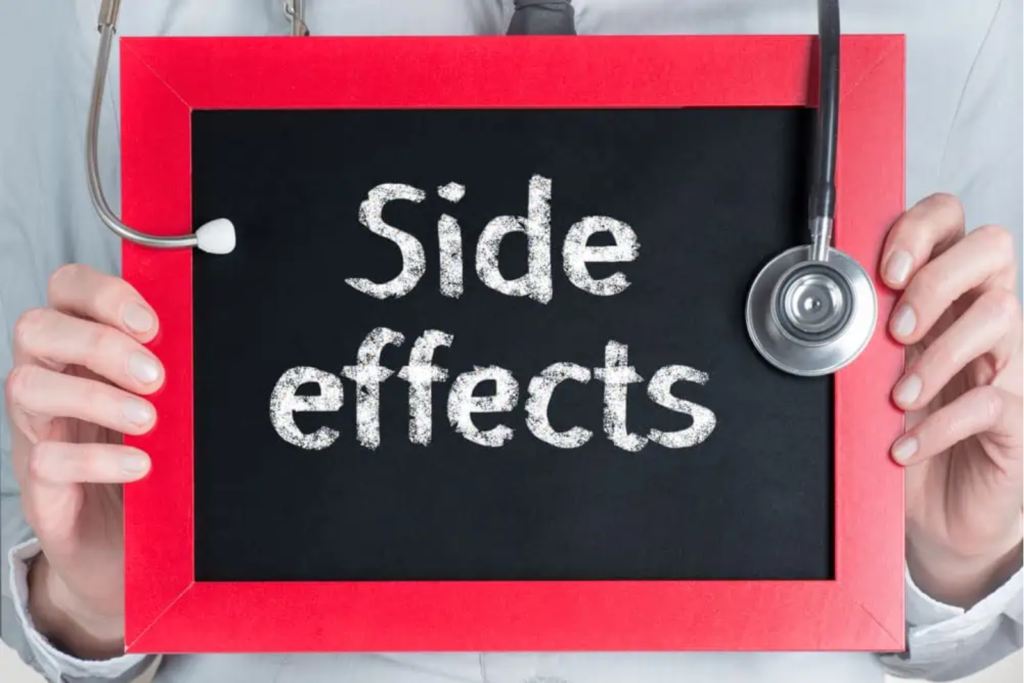

How We Keep You Safe at Arka Clinic
Before a psilocybin therapy session, it’s important to prepare both your mind and surroundings. Therapists focus on creating the right "set and setting." This means making sure you’re in a calm, positive mindset and in a safe, comfortable environment. This preparation helps ensure a meaningful and therapeutic experience.
If you have uncontrolled high blood pressure, ketamine might not be safe because it can raise blood pressure temporarily during treatment.
Those with serious liver problems might have difficulty processing ketamine, making it risky for them.
If you’ve struggled with drug or alcohol addiction, ketamine therapy needs to be approached with caution. It’s not off-limits, but it requires close monitoring.
Ketamine might not be safe for people with certain conditions like schizophrenia, as it could potentially worsen symptoms.
Before starting ketamine therapy, keep these key points in mind to ensure it's right for you:
Be open about your medical history with our team. This includes physical conditions (like heart or liver issues) and mental health conditions. It helps us create a safe, personalized treatment plan.
Some medications can interact with ketamine. It’s important to tell us about any medications or supplements you are taking to avoid unwanted effects.
A mental health assessment is crucial. We’ll talk about your symptoms, past treatments, and your goals for therapy. This helps us see if ketamine therapy is a good fit for you.
Ketamine is not a quick fix but a tool to help you move forward. It works best when combined with other therapies, like counseling. Be ready to commit to ongoing support for the best results.
Understand that aftercare is key. Ketamine opens the door to better mental health, but follow-up care like therapy, support groups, or lifestyle changes are essential for long-term success.